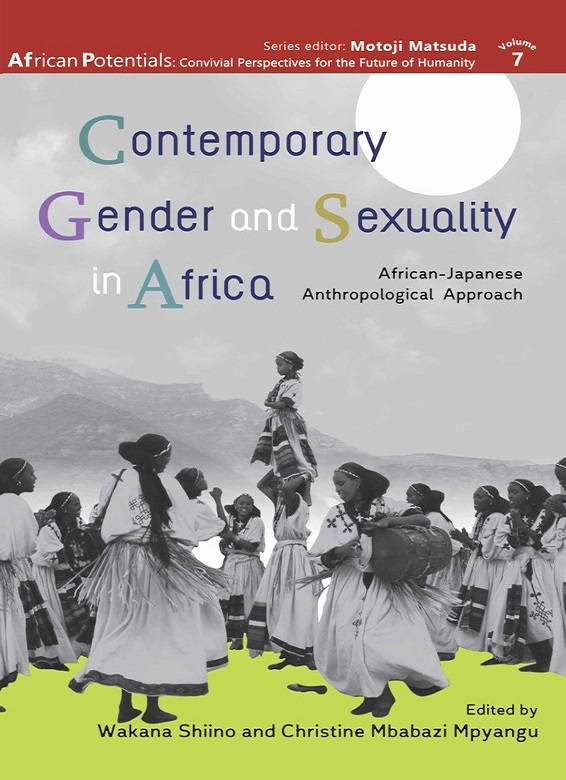edited by Christine Mbabazi Mpyangu and Wakana Shiino
African-Japanese Anthropological Approach
Africa has fostered a rich culture of gender and sexuality from which non-African societies can learn. Most African traditional sexual customs differ greatly from Western colonial thought, which prioritises an individualism that respects the individual’s free will and way of life. Regardless of the existence of various images of Africa, globalisation and conflict have made it inevitable that African people today must respond to sudden changes in the political environment and norms due to the influx of new thoughts and ideas. From colonial tensions to the consequences of globalisation, women easily have to sacrifice their sexualities. Also, the reader can observe that the Japanese/African ethnographic surveys in this book are influenced by the researchers’ personal backgrounds, including their religion, social class, and sexual orientation.


| ISBN | 9789956552726 |
| Pages | 364 |
| Dimensions | 229 x 152mm |
| Published | 2021 |
| Publisher | Langaa RPCIG, Cameroon |
| Format | Paperback |



3 comments
“This co-edited volume is an important contribution to the growing archive of ethnography-based academic publications about the diverse cultures of gender and sexuality in Africa. Destabilising the norm of predominantly Western scholars studying the African Other, this book brings together Japanese and African scholars. It is a catalogue of Othered or exoticised customary practices in today’s Africa: female genital cutting, infibulation, polygyny, ghost marriages, woman-to-woman marriage, levirate unions, unmarried mothers, forehead scarifications, and the weaponising of rape. Important methodological challenges are explored, including the safety of ethnographers during political conflict, the effects of researchers’ gender and sexuality on access to sensitive data, and the emotional difficulty of collecting data from victims of sexual violence.”
Stella Nyanzi Medical Anthropologist, PhD from the University of London
“This exceptionally important edited volume deals with various current phenomena that address modern ‘problems’ related to gender and sexuality in Africa based on 11 authors’ ethnographic research. The African–Japanese collaborative work is itself worthy of high praise, as such work is not sufficiently recognised. Even more importantly, the volume provides a rich description of current Africa’s culture in relation to gender and sexuality from which non-African societies can learn.”
Sachiko Kubota, President of Ashiya University and President of Japanese Society of Cultural Anthropology
“This welcome volume is distinctive in its self-proclaimed “African-Japanese Approach” to the issue of sexuality and gender in modern Africa. It is in fact a triangular critique involving African and Japanese contributors and western scholarship. The contributors discuss through case studies such ‘traditional’ topics as polygyny, woman-to-woman marriage, patriarchy, pre-marital pregnancy and how these nowadays relate to contemporary LGBTI issues, homophobia, female sexual violence, new definitions of women’s status and masculinity, and care of the aged.”
David Parkin, Emeritus Professor, School of Anthropology & Museum Ethnography, University of Oxford